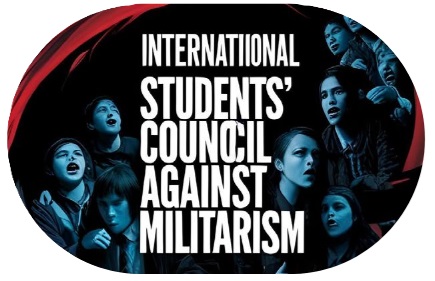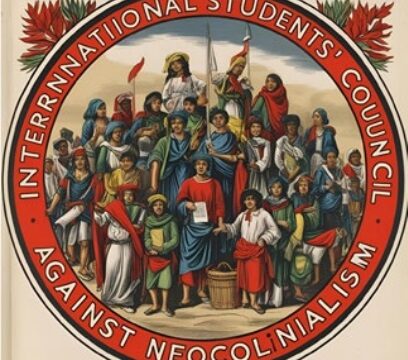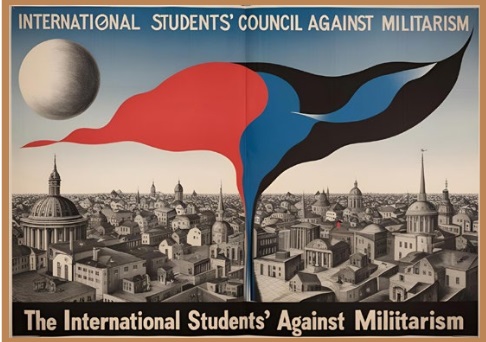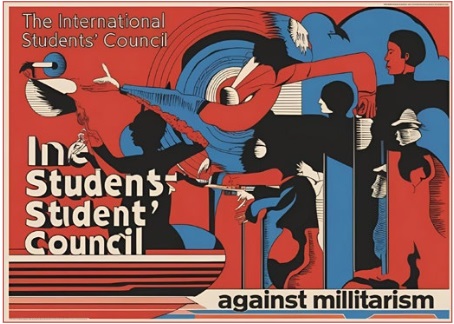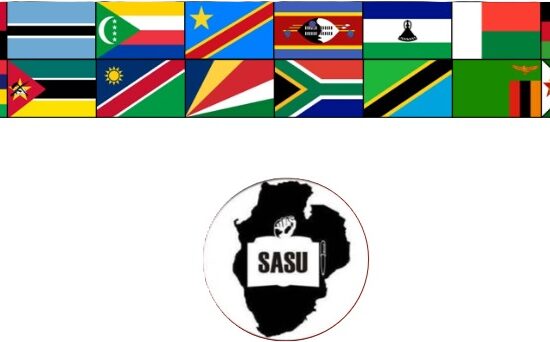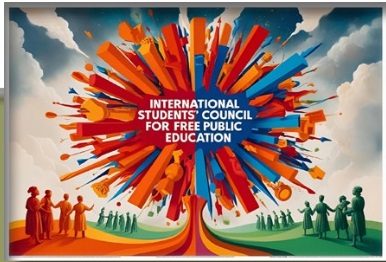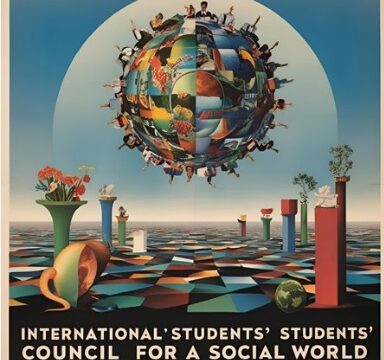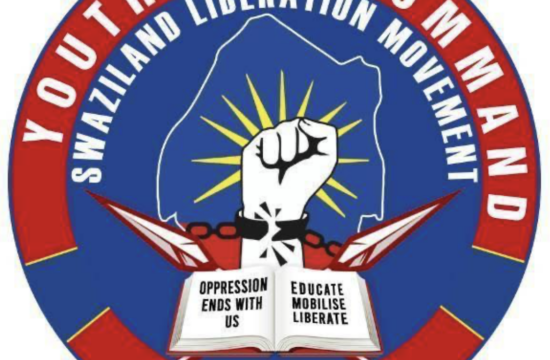Atieno OLANG
Pan-African Feminist | Social Justice Activists – KENYA
picture source: Created with AI
Student councils over the years have been deemed as powerful platforms shaped by the unifying struggles ofsocio-political realities within various African countries. It is worth noting that in the post-colonial era political discourses and governance systems were predominantly determined by student councils who played a critical role in pushing for national liberation,democratic reforms, and social justice.For instance, In Kenya, Student Organization in Nairobi University (SONU) in the 1970’s formed a formidable front against the dictator ship under President Moi’s regime, advocating for democratic reforms whilst in South Africa, The South African Students‘ Organization (SASO) were deeply intertwined with anti-apartheid activism, embodying both resistance and intel-lectual leadership.
Such bravery and servitude from student leaders have recently been met with economic austerity weakening resilience from comrades as they get frustrated trying to make decent livelihoods for their families. Political repression in most African countries have radicalized but also co-opted students in bipartisan politics. State-Capture in the education systems has ensured university administrations have imposed restrictions, reducing councils to symbolic or managerial roles. Student protests over the years have been curtailed through police brutality, extrajudicial killings and enforced disappearance including enforcement of punitive laws that limit freedom of expression etc. In Kenya, contemporary student councils operate in a more bureaucratized and regulated environment under frameworks like the Universities (Amendment) Act of 2016, which continues to weaken student electoral freedom.
However, it is through the above contradictions and the shared struggles that a resurgence is highly necessary. Student councils can still reignite their historical role as agents of change, by mobilizing mass action with other students globally, staying in solidarity with each other and defying the odds from a unified front. The Formation of an International Students Council marks a powerful step towards unity, representation and resilience for students all over. It symbolizes not just collective strength but a stepping stone towards critical consciousness and strategic organizing for underserved students globally. A council whose membership is drawn from students with ideological clarity representing various countries in the world. Notwithstanding, the council must be inclusive of individuals from labour movements across board ensuring workers rights are protected at all costs. With its diverse nature, accountability mechanisms would be ensured through establishment of an effective executive committee charged with the mandate of day to day operations under oversight support from an advisory board. Incorporating a secretariat is equally important to ensure administrative duties run smoothly.
Premised on the above, the ISC calls for councils that are not only politically conscious but also inclusive, transnational, and adaptable to the changing realities of students globally.



